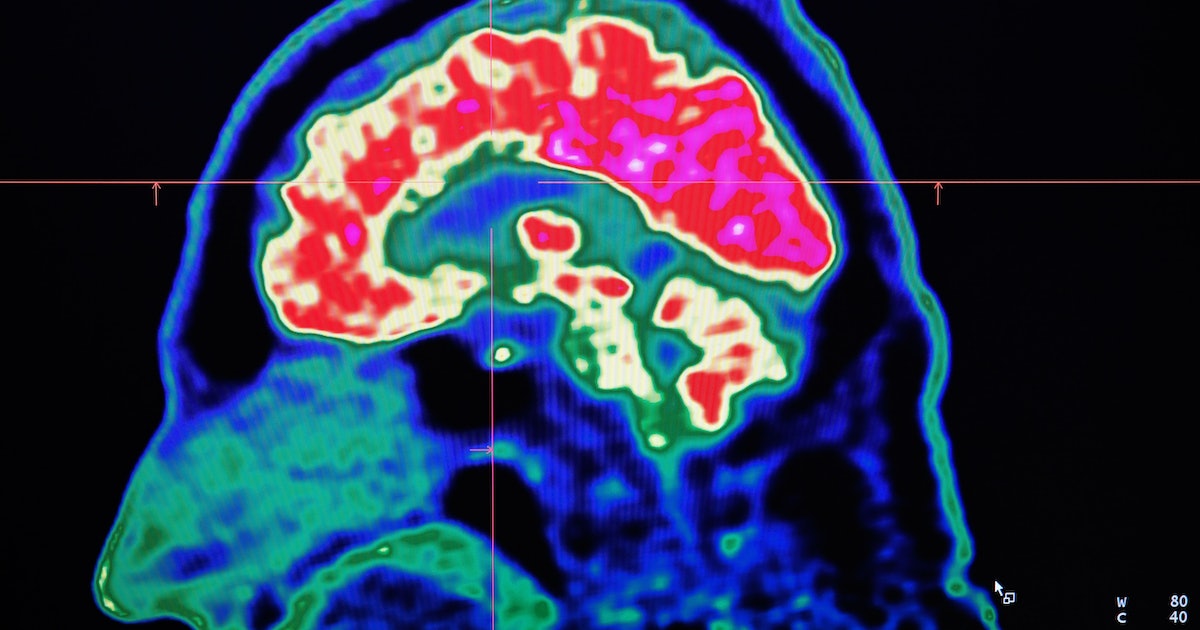
Cultivating 2 habits in your 30s may boost mental health in old age
Decisions you make in your 20s and 30s can up your odds of aging well — without the help of biohacking or anti-aging therapeutics. But aging well isn’t all about your physical health — it is also to do with your mental health.
Some research suggests older adults see symptoms of depression as a “normal part” of aging, says Courtney Millar, a research fellow at Harvard Medical School. As a result, they might deprioritize emotional well-being compared to their physical health. Knowing this, Millar examined the relationship between depressive symptoms and age-related conditions, like frailty.
Millar and her colleagues analyzed nearly 11 years of data, including 1,701 study participants. The participants were around 58 years old at the start of the research. Over the years, they answered questions about their diet and mental health. Researchers also evaluated their physical health at the start and end of the study.
The scientists found that people who ate inflammatory foods were at higher risk of frailty, a clinical syndrome characterized by declining physical and cognitive health. The link became even stronger among individuals with depressive symptoms. The results were published in The Journals of Gerontology in July.
The findings suggest that taking steps to safeguard mental health and eating anti-inflammatory foods are two critical actions you can take to prepare your body for older age. It’s possible both practices can help reinforce the other.
“If you boost your mental health, you are more likely to engage in physical activity and probably make better food choices,” Millar explains. But it goes both ways, she adds.
“If you aren’t prioritizing physical activity, you may not be getting all those endorphins from a usual cardio routine, which may impact your mental well-being,” she says.
Mental health and inflammation
Because individuals with depressive symptoms tend to have higher levels of inflammation, Millar’s team believes adding dietary inflammation to the mix may be driving the development of frailty.
Research suggests inflammation plays a role in the development of depressive symptoms. The activation of the immune system results in inflammation. Acute inflammation occurs when you cut your finger — this is why you see redness and swelling. Chronic inflammation can last for years and contributes to conditions like cardiovascular disease and cancer.
People with depression tend to have immunological changes associated with inflammation. Antidepressants, meanwhile, can decrease inflammation. But this is not a one-size-fits-all scenario: A 2022 study found that while inflammatory illnesses can contribute to depression, some people with depression do not have elevated inflammation levels.
Scientists are still teasing out the relationship. There’s also evidence that depression can lead to inflammation.
“It is another ‘chicken or the egg’ scenario,” Millar says.
Anti-inflammatory diet and healthy aging
Ultimately, the research suggests that an anti-inflammatory diet may help delay frailty — meaning that to live well later in life, you could start by eating well now.
“Younger and middle-aged adults should try to eat foods that are packed with antioxidants,” Millar says.
“A good rule of thumb is to try and eat a colorful diet,” she says. “A good number of the pigments that color our fruits are actually antioxidants.”
Examples of foods with antioxidants included tomatoes, berries, and dark leafy greens like kale, spinach, bok choy, and broccoli. Fermentation also increases the antioxidant properties of foods.
In an earlier study, Millar also established a link between eating a Meditteranean diet and reducing the likelihood of frailty. One of the key features of a Mediterranean diet is the emphasis on eating various fruits, vegetables, and fruit and nut oils.
Overall, these studies suggest diet should be prioritized to maintain physical and mental health in old age, Millar says.
“Mental health is another piece of the puzzle to healthy aging,” she explains. “I know it can be overwhelming to add another item to the list, but focusing on it just may be the missing link.”
Decisions you make in your 20s and 30s can up your odds of aging well — without the help of biohacking or anti-aging therapeutics. But aging well isn’t all about your physical health — it is also to do with your mental health. Some research suggests older adults see symptoms of depression as a “normal…
Decisions you make in your 20s and 30s can up your odds of aging well — without the help of biohacking or anti-aging therapeutics. But aging well isn’t all about your physical health — it is also to do with your mental health. Some research suggests older adults see symptoms of depression as a “normal…